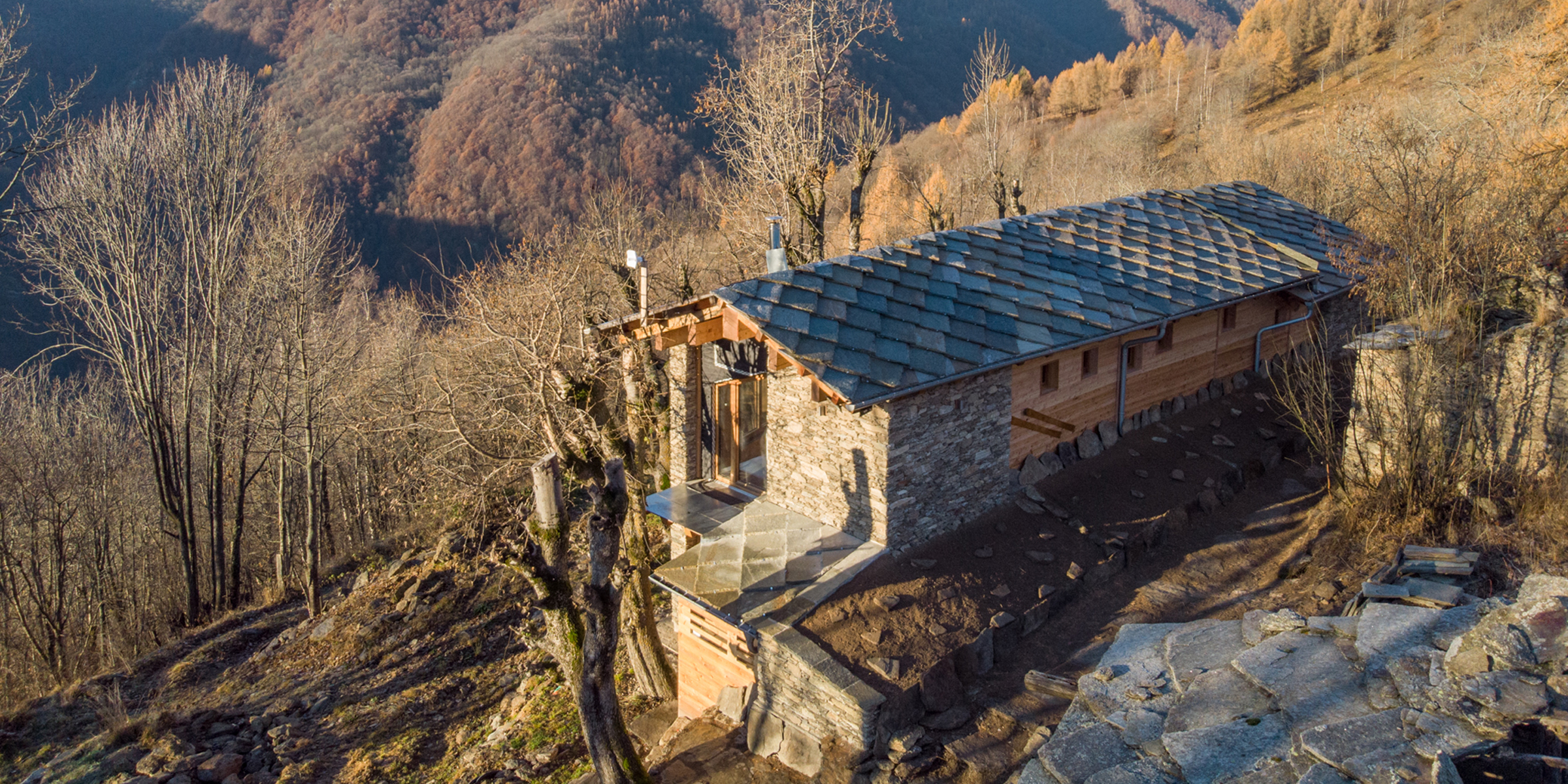Our research
Aim
Approach
Culture
Methods, didactics, applications
Our research in and about systemic design aims to both develop the field of systemic design as a set of hybridized and adaptive methods between science and design, and to engage systemic design for designing resilient regenerative systems.
Our approach in research is on the one hand basic research, as to advance hybrid methods, and to develop didactics to learn and teach systemic design. And it is transdiscplinary and fluid as of collaboratively identifying pathways and interventions to deal with complex systems and activate systemic innovation.
Part of this is a new culture in how we frame and approach complexity. Being aware of worldviews, critically evaluating the limitations of reductionist scientific reasoning, and opening up for additional, synergistic ways of knowing, i.e. holistic science, research by design, warm data, is part of our research.
Key concepts
Recent projects
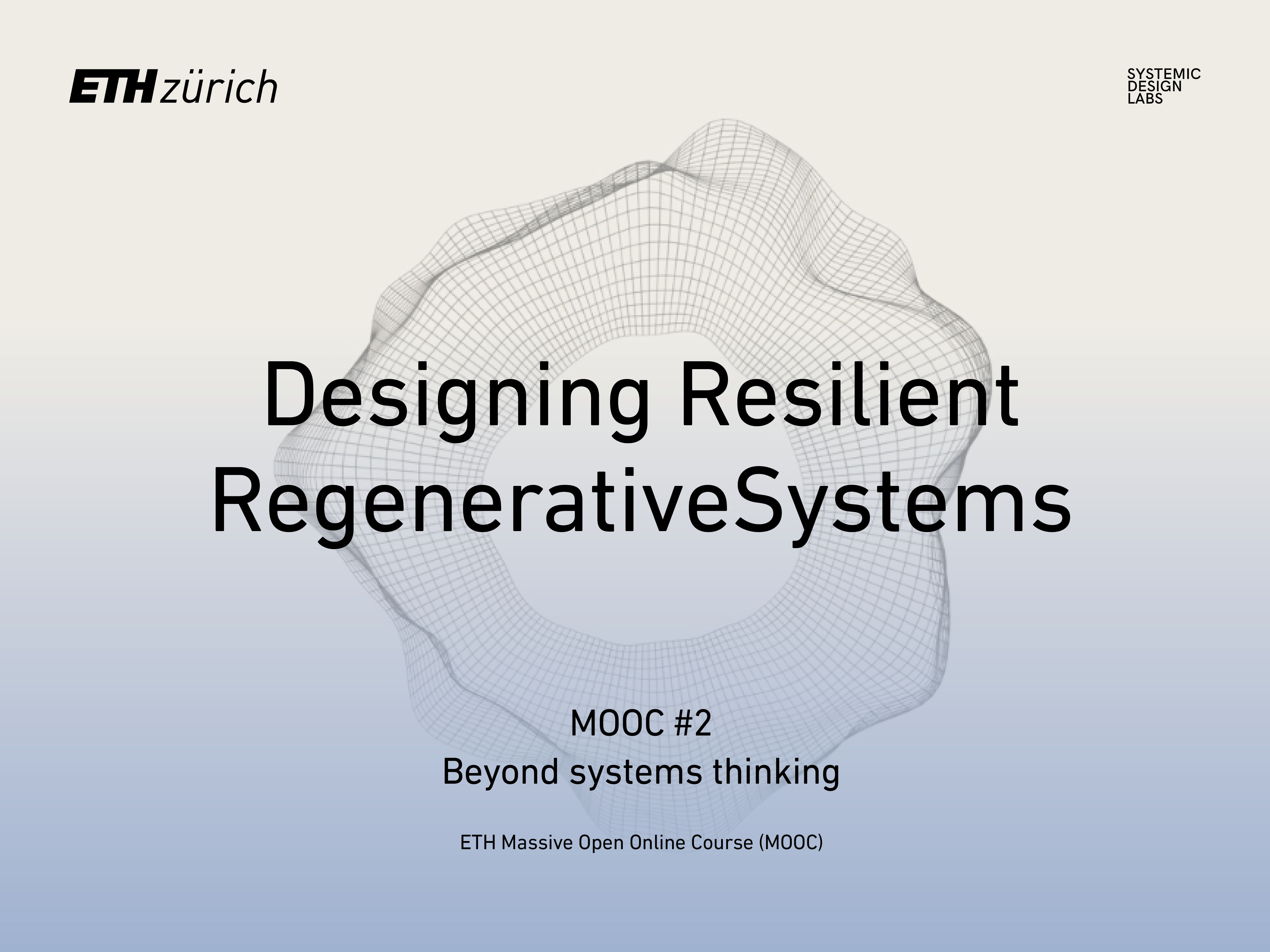
Updated DRRS MOOC 2: Beyond Systems Thinking
The 2nd iteration of MOOC#2 entitled “Beyond Systems Thinking” has re-started end of February ’24 on the EdX platform with the six main modules being released one by one. In this MOOC we develop a critical understanding of what systems thinking entails and how it can become a helpful habit. We learn about living systems…

DRRS MOOC 2: Beyond Systems Thinking
Our first iteration of the second Designing Resilient Regenerative Systems MOOC entitled “Beyond Systems Thinking” started in November 2022 on EdX. In this MOOC we develop a critical understanding of what systems thinking entails and how it can become a helpful habit. The view from above contains techniques to deal with complexity, to zoom out…
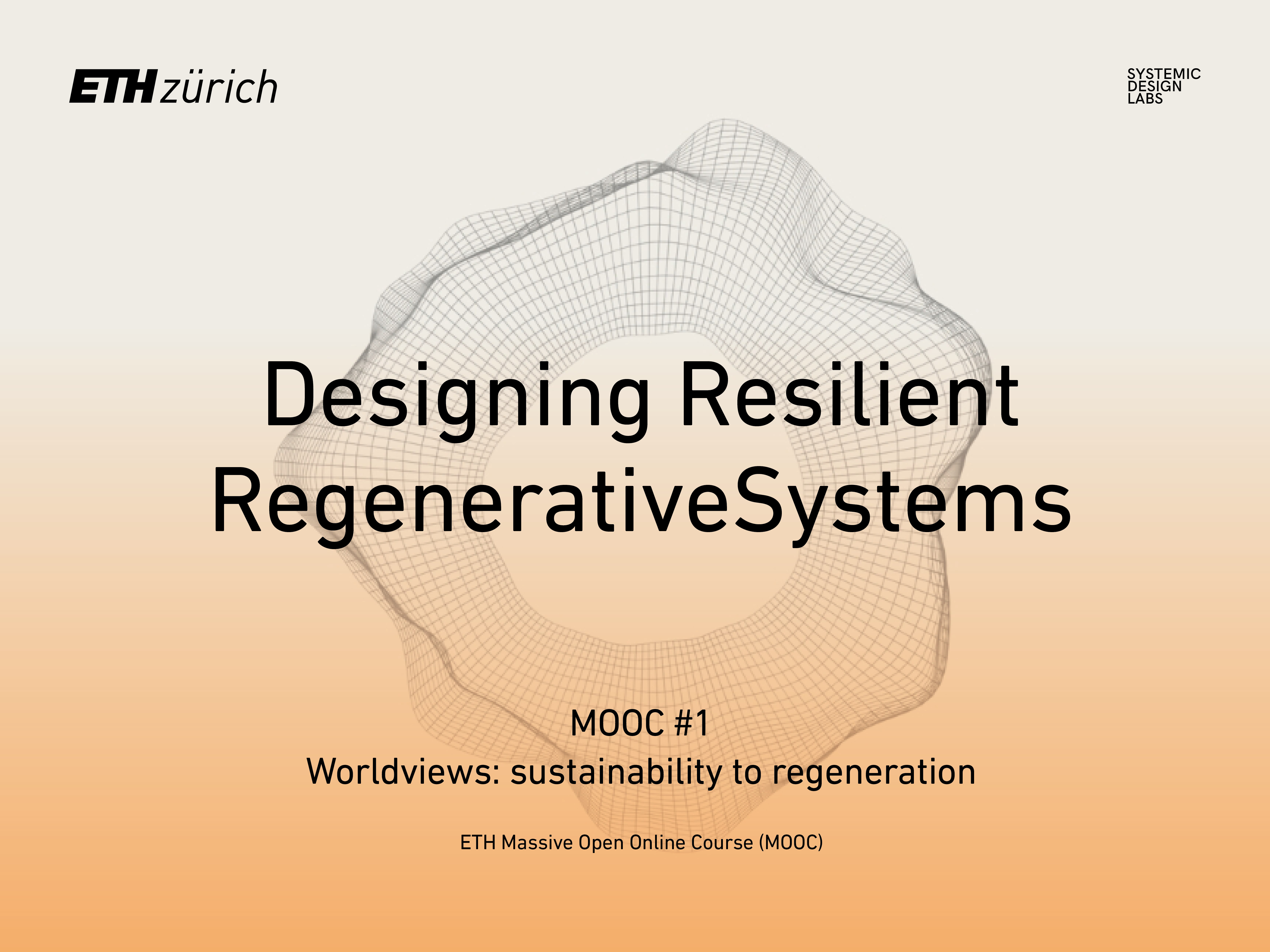
MOOC: Designing Resilient Regenerative Systems
The new Massive Open Online Course (MOOC) series entitled “Designing Resilient Regenerative Systems” is featuring a new virtual-real didactic concept, where local physical social outdoor action is stimulated and incubated by virtual means. Starting in spring 2022 on EdX.
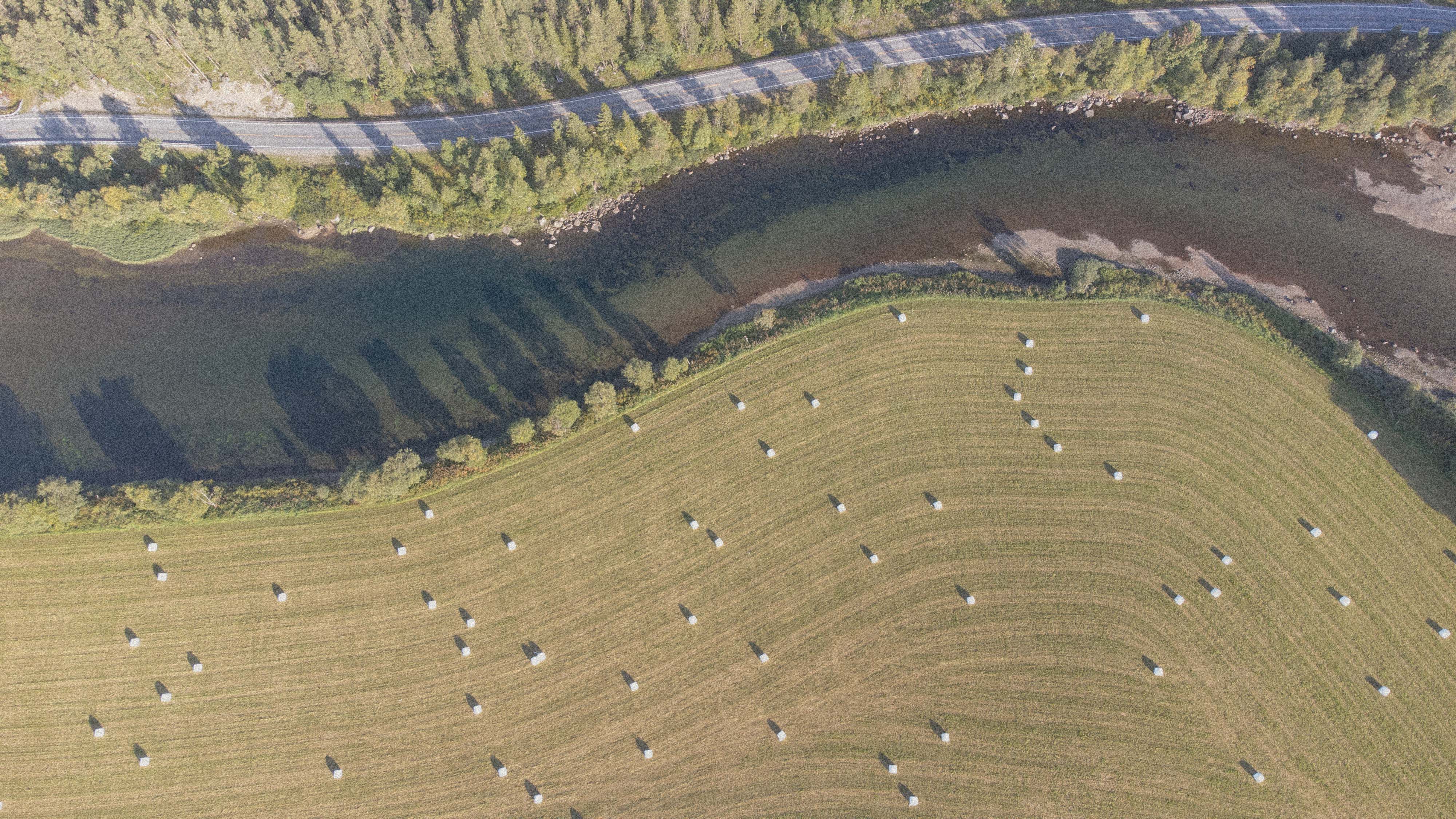
Advancing Systemic Design Methodology
Our current societal challenges lead to increased complexity and uncertainty. Neither the analytical and descriptive tools of science, nor the iterative doing of design alone are adequate for addressing complex challenges to implement and guide transformative action. Combining both cultures of reasoning and methods as a fluid, solution oriented and synergistic process, is hybrid, and…
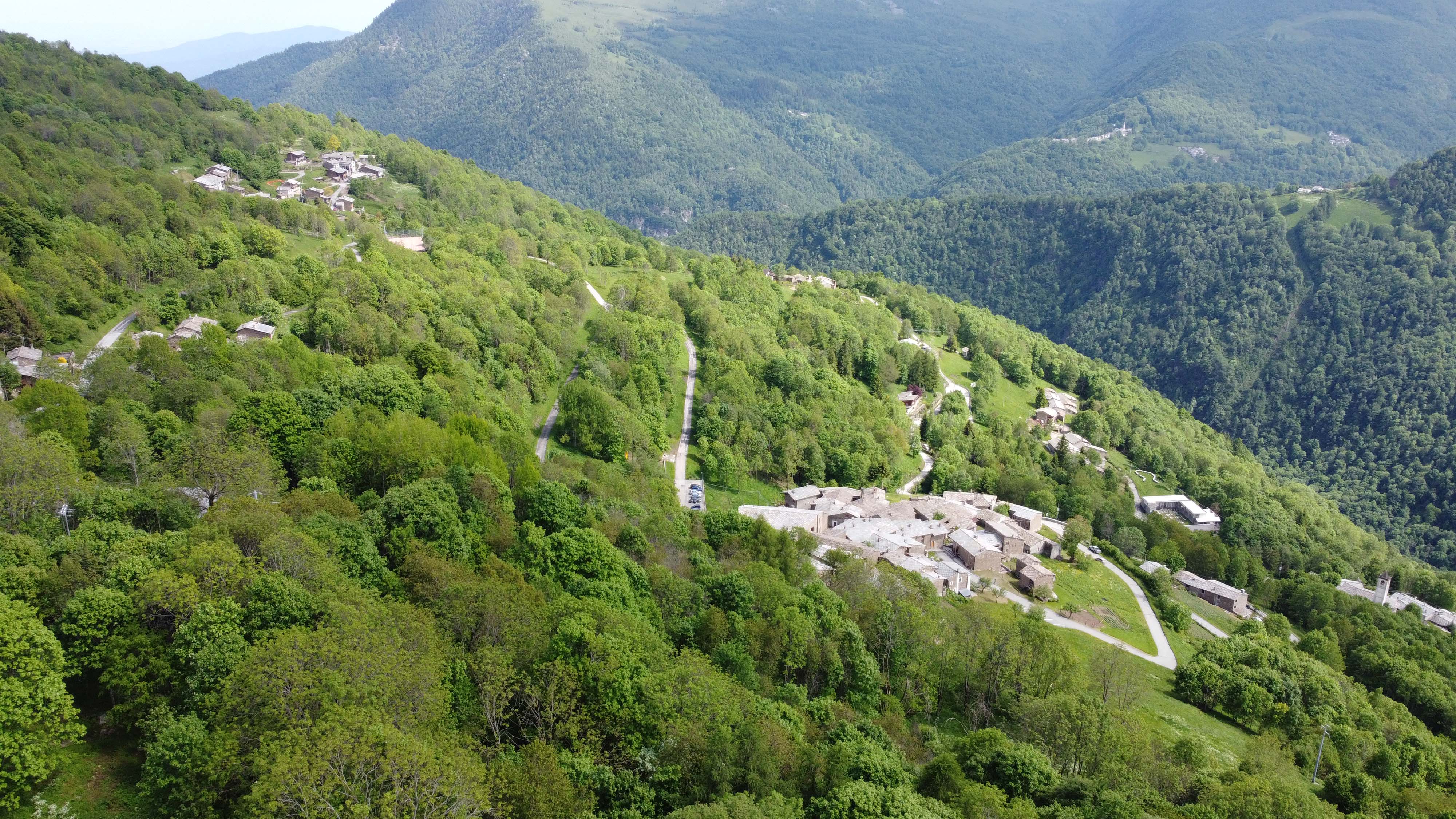
Alpine Urban Resilience
Urban and alpine areas around the globe are socio-economically connected, through the exchange of goods, through tourism, through various up- and downstream cycles -we refer to alpine-urban circularity. Many mountain livelihoods are dependent on the flow of urban populations seeking refuge in nature. Increasing urban heat has driven city dwellers to cooler temperatures at higher elevations….
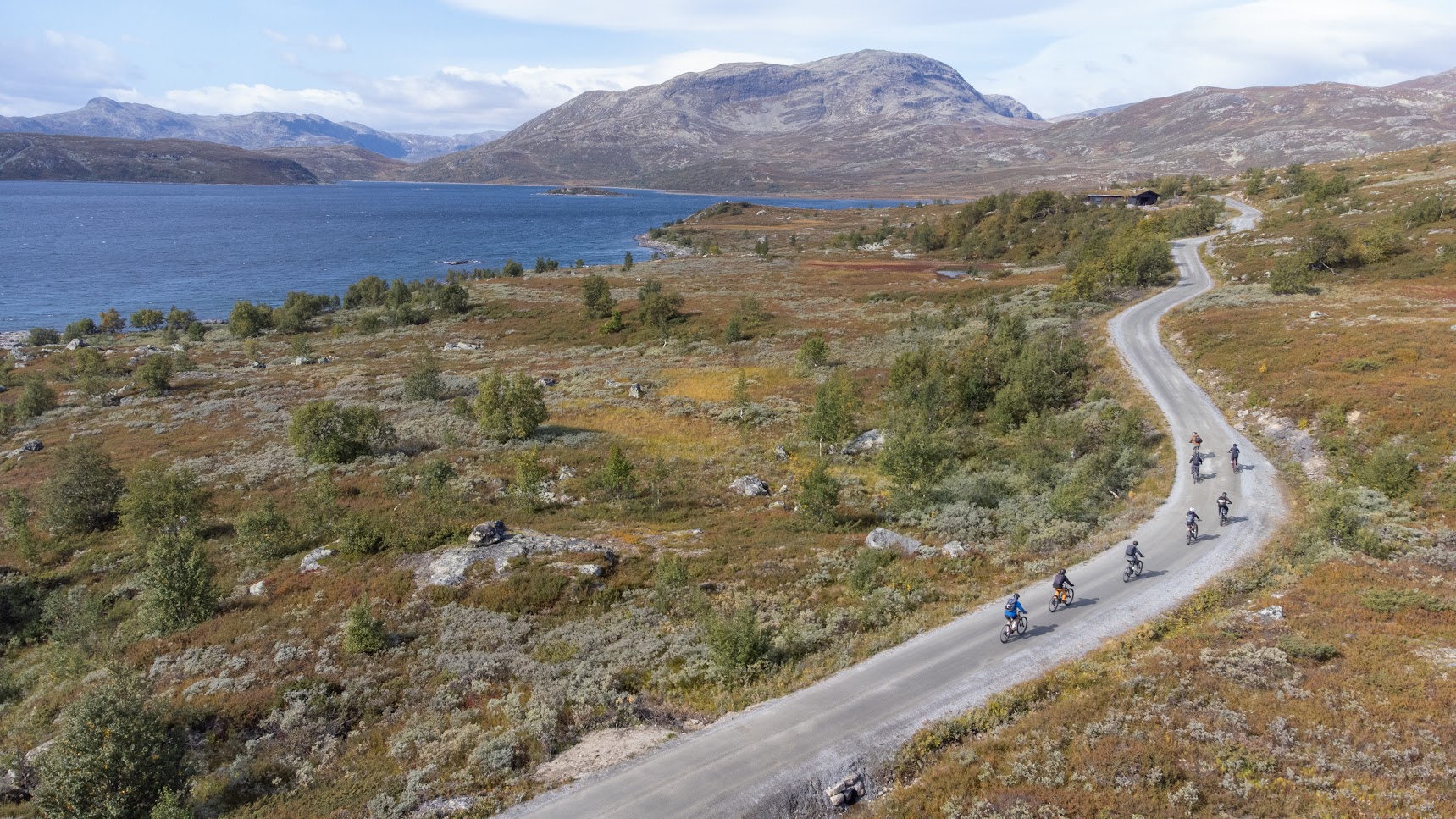
Systemic Cycles
A cycling journey towards resilient regenerative futures: Systemic Cycles (SC) was protoyped by Martin Schütz and Tobias Luthe of ETH Zurich in 2021, hosted by MonViso Institute, IT. SC currently is both further conceptualized as a Swiss-based research project, and as part of this research practically developed in different bio-regional contexts. cycle-explore-connect-map-weave-transfer-enjoy Systemic Cycles is…
A new worldview on science is holistic, process oriented, question based, inter- and transdisciplinary.
Holistic science is not in opposition to current reductionist methodologies but acknowledges its strength and shortcoming in order to transcend and include it.
In particular, holistic science accepts uncertainty, fuzziness, emergence, fluidity in unforeseeable and non-calculable complexity, and so-called warm data.
Real-World Labs
Experiment with complexity
A real-world laboratory (RWL) or Living Lab is a place to experiment with interventions and solutions to complex challenges and nested crises, such as climate change, biodiversity loss, and new alpine-urban living. It is real-world because it is embedded in a living community; it is a lab because it creates space and time for testing and experimentation, such as with renewable building materials and net-positive buildings.
RWL are critically important for the practice and advancement of Systemic Design, since one can prototype and experiment interventions in a “safe space” where failure is accepted, yet the reality of emergence in systems, their unpredictability, is as rich as reality can be.
In general, a RWL is about understanding, incubating and supporting sustainability transitions of various kind, such as from a linear to a more circular economy. An RWL experiments with interventions and solutions to complex and often uncertain challenges, such as future resilient life styles. From this experimental research, one can design tools for change, or seeds for systemic innovation – solutions and illustrations that can be experienced in real and scaled up in other places.
